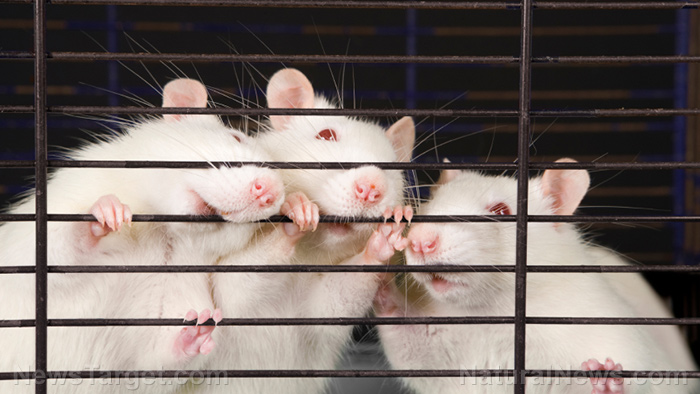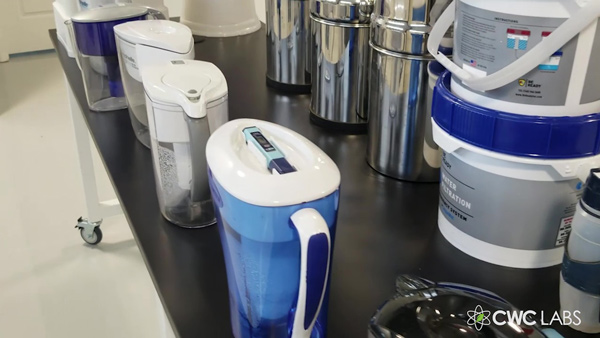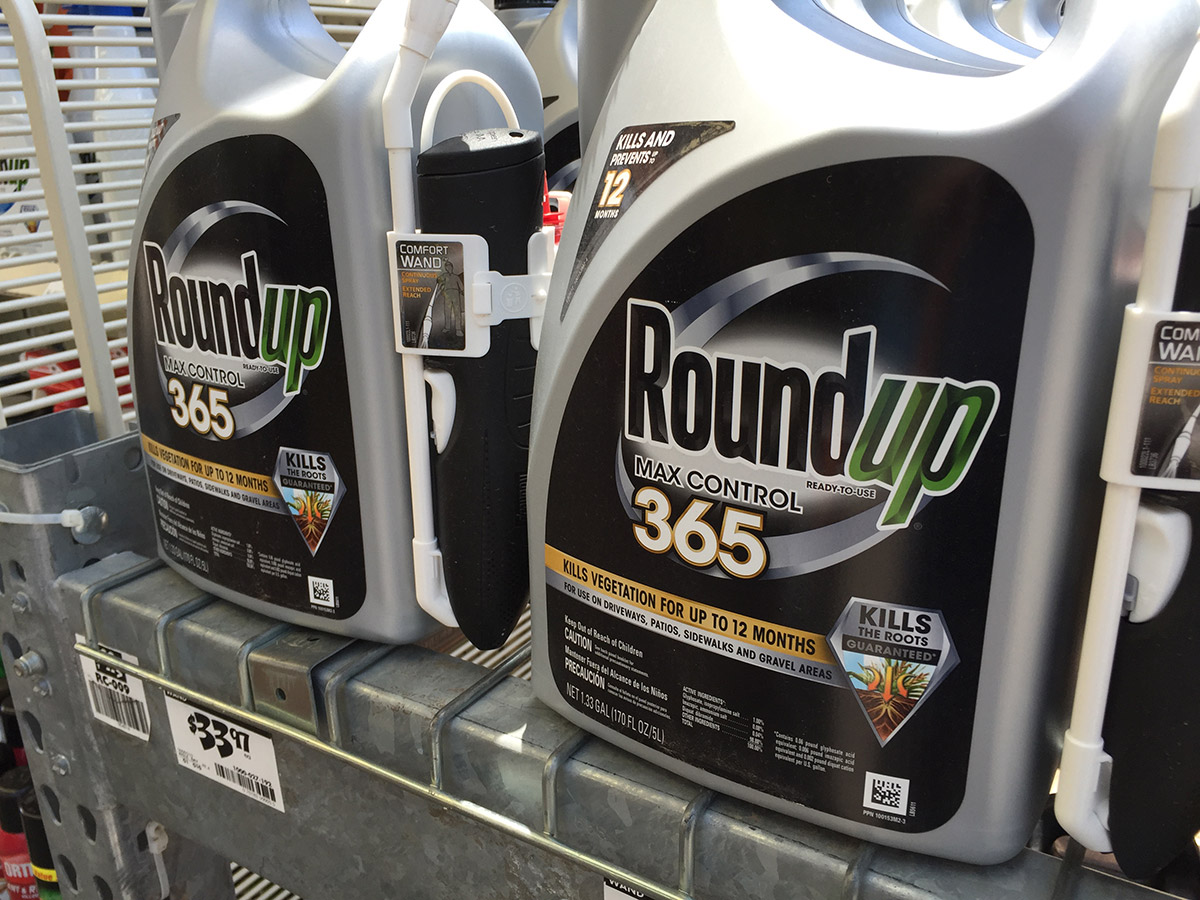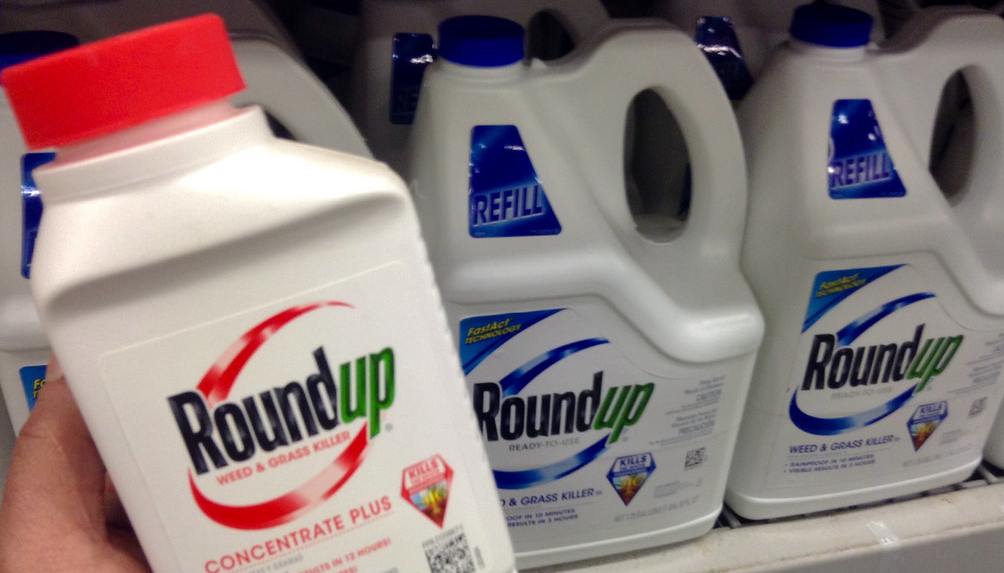“Poison Papers” reveal stunning EPA collusion with the chemical industry
08/15/2017 / By Tracey Watson

On its website, the Environmental Protection Agency (EPA) claims that its mission is to “protect human health and the environment.” This it promises to do in a variety of ways, including by ensuring that “all Americans are protected from significant risks to human health and the environment where they live, learn and work,” and by making sure that “national efforts to reduce environmental risk are based on the best available scientific information.” These sound like lofty and laudable goals, and the American public has placed its collective trust in the EPA to do exactly what it has promised.
Though independent media organizations like Natural News have been shining a light on the multiple ways in which the EPA is not living up to its promises for some time now, there are still many who would be shocked to learn that rather than protecting public health, the EPA has been selling Americans down the river for years, focusing more on maintaining its shady relationships with Big Agri and the chemical manufacturers than on protecting people from “significant risks” to their health.
This was recently borne out once more, when a collection of over 20,000 documents dubbed the “Poison Papers” was released by the Bioscience Resource Project and the Center for Media and Democracy, which provide tangible evidence of collusion between the EPA and the chemical industry – collusion which may have had devastating effects on the long-term health of millions of Americans. (Related: Discover other ways in which the EPA has neglected its duty at EPAWatch.org)
The documents reveal that back in the early 1980s, a federal grand jury investigation uncovered a host of problems at Industrial Bio-Test Laboratories (IBT), the largest lab in the U.S. to perform chemical safety testing for the EPA at the time. In fact, IBT performed upwards of 40 percent of all the testing for both the EPA and the Food and Drug Administration (FDA) at the time.
FDA scientists blew the whistle on IBT after picking up irregularities in the late 1970s. The investigation unleashed a scientific scandal of monumental proportions which resulted in the imprisonment of three top IBT officials.
Among other unsavory findings, it was determined that IBT had been conducting tests on mice that had drowned in their own feeding troughs. These mice decomposed so quickly that they would literally ooze through their wire cages and down into the dropping trays below.
Some studies had missing animals, while extras were added to other studies, affecting the accuracy of research findings.
The investigation also uncovered the fact that many of the studies were shorter in length than what the protocols called for.
By the time the investigation was completed in 1983, it became obvious that 90 percent of the studies that IBT had submitted to the EPA were invalid because of these and other breaches in protocol.
This presented huge problems for the newly formed EPA, which had only begun operating in December of 1970. Since most of the chemical tests performed by IBT were found to be invalid or fraudulent, they should have been repeated. Fearing a loss of public confidence and clearly bent on protecting the interests of the chemical companies, however, senior members of the EPA instead held a meeting on 3 October 1978 with Canada’s Health Protection Branch and executives of the chemical industry to see how they could wiggle out of the problem.
After assuring the chemical companies that none of their poisonous chemicals would be removed from the market (even though there was now no scientific way of being sure that these chemicals would not pose significant risk to human health), acting branch chief of regulatory analysis & lab audits, Fred Arnold, went on to explain that the EPA intended to ignore the glaring problems in the IBT studies.
Arnold also spoke about how the EPA had signed off on tests confirming IBT’s findings, when in fact “the truth of the matter is the organ was never examined.”
Other EPA representatives confirmed that there were “few [IBT] studies that did not have discrepancies, errors and omissions,” and, in fact, that not one was totally free of errors.
Nonetheless, the EPA swept all that information under the carpet, and still relies on those fraudulent tests as a basis for approving many toxic chemicals today.
Sources include:
Tagged Under: chemical manufacturers, Collusion, EPA, fraud, fraudulent science, Industrial Bio-Test Laboratories, toxic chemicals




















